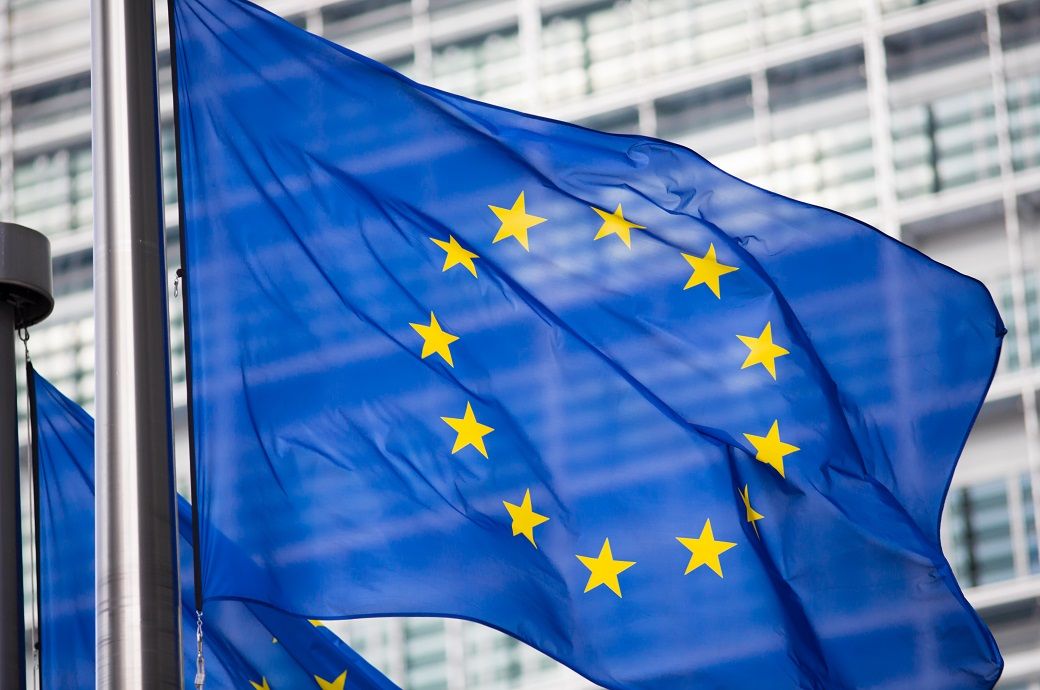EU's GSP aids developing countries' sustainable development

Insights
- The EU's Generalised Scheme of Preferences (GSP) has effectively supported economic stability and sustainable development in developing countries, according to a recent report.
- In 2022, GSP beneficiary countries' exports to the EU hit €80.6 billion.
- The scheme also advances human rights, environmental protection, and good governance in developing nations.
In 2022, preferential imports from 65 GSP beneficiary countries reached a record high of €80.6 billion. This remarkable figure underscores the scheme's importance during challenging times, including the COVID-19 pandemic and the economic impacts of Russia’s military aggression against Ukraine, as per the report.
A key aspect of the report is the success of GSP+, a special arrangement focusing on sustainable development and good governance. The arrangement has significantly contributed to improvements in human and labour rights, environmental and climate protection, and good governance in beneficiary countries.
Uzbekistan's accession to GSP+ in April 2021, following the eradication of forced and child labour in its cotton harvest, and Tajikistan’s application to join in April 2023 are highlighted as evidence of the scheme's attractiveness.
Despite these successes, the report acknowledges ongoing challenges faced by beneficiary countries in adhering to international standards. The EU continues to monitor the implementation of GSP+ through monitoring missions, along with financial and technical support to assist these countries.
The report also addresses environmental challenges faced by GSP beneficiaries, many of whom are disproportionately affected by climate change. Despite ambitious commitments to address climate change, these countries often face limitations due to resource and capacity constraints.
The GSP’s connection to international standards extends its impact beyond just trade and economic development. It serves as a crucial platform for the EU to engage with third countries on critical issues like labour rights, human rights, and environmental protection, aligning closely with the EU’s broader foreign policy and external action objectives.
Fibre2Fashion News Desk (DP)
































-Ltd..jpg?tr=w-120,h-60,c-at_max,cm-pad_resize,bg-ffffff)





.jpg?tr=w-120,h-60,c-at_max,cm-pad_resize,bg-ffffff)
.jpg?tr=w-120,h-60,c-at_max,cm-pad_resize,bg-ffffff)






